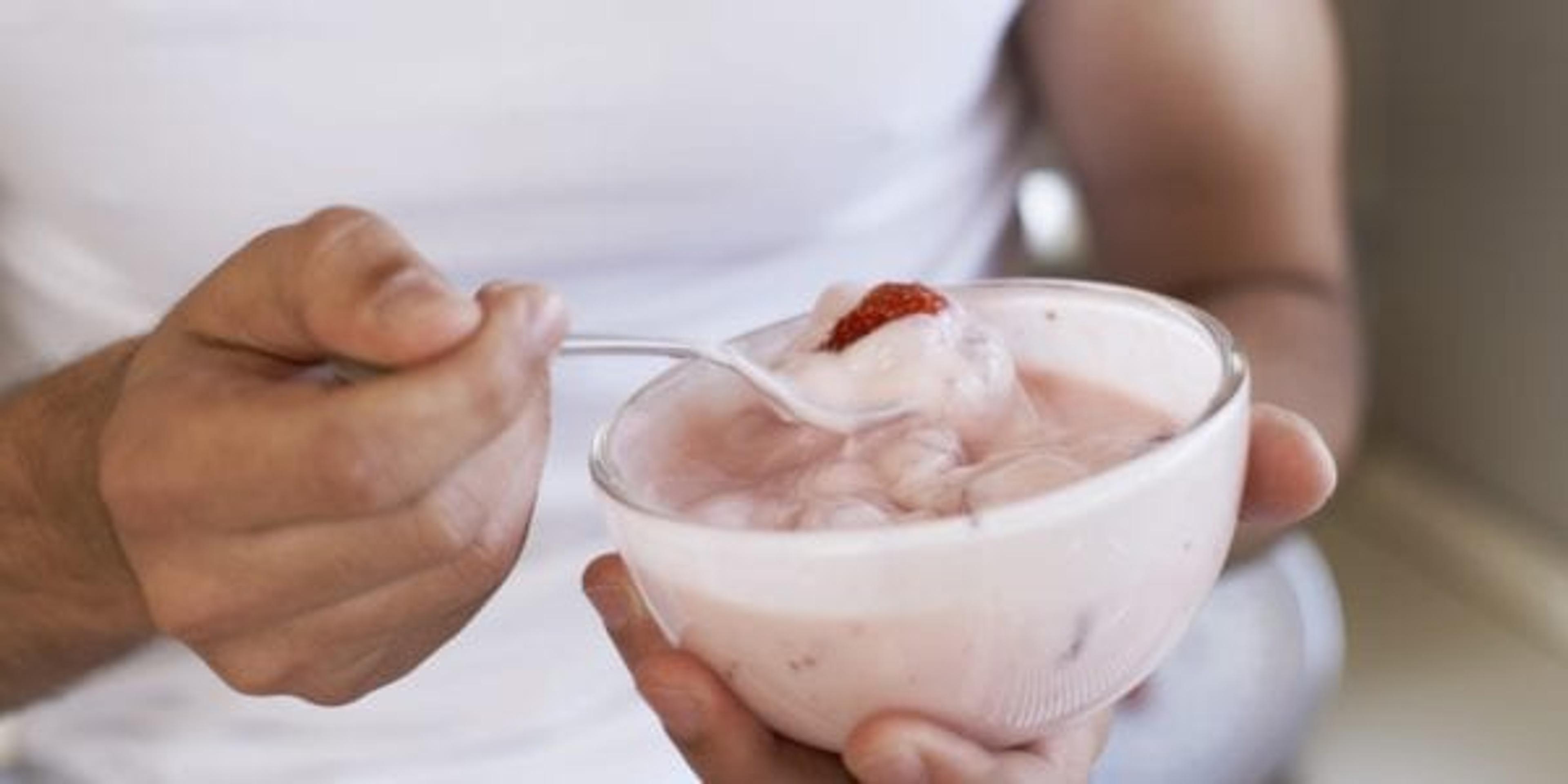The Road To A Healthier Gut: Digestive Disorders 101
| 2 min read

More than 60 million adults are affected by digestive disorders in the U.S. The gut, often referred to as the “second brain” is home to the gastrointestinal (GI) tract, regulating everything from the immune system to digestion.
Some of the most common digestive disorders include: Crohn’s Disease, Irritable Bowel Syndrome (IBS), constipation, diarrhea and food allergies. While some are hereditary or a result of taking antibiotics, others are brought on by controllable lifestyle choices.
Signs of an Unhealthy Gut
When managing a pre-existing digestive disorder, some aspects of gut health are uncontrollable. Symptoms of poor gut health include: bloating, chronic bad breath, flatulence, burping, nausea, irregular/infrequent bowel movements, chronic diarrhea, vomiting, constipation and excess intestinal gas.
Tips for a Healthier Gut
1. Drink More Water:
Drinking at least half your body weight in ounces of water daily benefits the gut by circulating nutrients throughout the body, moving out waste and supporting the function of vital organs.
2. Rest:
Ensuring 6-8 hours of sleep a night and practicing methods of meditation can promote a healthier gut. The body’s natural response to exhaustion is a less efficient immune and digestive system.
3. Get active:
Exercise and weight management endorse better circulation, healthier digestion, reduce intestinal inflammation, and help sustain healthy bacteria in the gut. Thirty minutes of exercise per day is recommended.
4. Eat right:
Fruits, vegetables, whole grains and other nutrient-dense foods promote a healthier gut. It’s critical to eat regularly and control portions.
5. Limit alcohol consumption:
This can improve gut health by lowering the risk of intestinal damage while also avoiding an imbalance of bacteria that can lead to more serious digestive disorders over time.
6. Consider supplements:
Dietary supplements can kick-start healing in those who have a deficiency of probiotics in their system. Research options, consult a doctor and find what route best suits your body.
Probiotics vs. Prebiotics
Gut health is based on the balance of bacteria in the system. Probiotics are “good” bacteria that work to control the growth of harmful bacteria. They aid in proper digestion of food, while efficiently absorbing nutrients in the gut. Prebiotics are what sustain and grow probiotics. If your body was a garden, probiotics would be the flowers and prebiotics would act as the fertilizer.
Foods that contain probiotics include dark chocolate, kefir, kombucha, pickles, sauerkraut and yogurt.
Foods that contain prebiotics include asparagus, bananas, garlic, leeks, oats/barley, and onions.
Related content:
Photo credit: Jupiterimages





